Definition
Andropause is a condition that is associated with the decrease in the male hormone testosterone. It is unlike menopause in that the decrease in testosterone and the development of symptoms is more gradual than what occurs in women. Approximately 30% of men in their 50s will experience symptoms of andropause caused by low testosterone levels.
History
- Sixteenth century Chinese text of Medicine provided a series of symptoms believed to be the male equivalent of menopause
- In 1889, at age 72, distinguished French neurologist and physiologist Charles E Brown-Sequard reported in “Lancet” the rejuvenating effects of self-administered extracts of dog and guinea pig testes
- Brown-Sequard administered five subcutaneous doses of extract prepared from dog testicles over a 3-day period. This was followed by five more injections of extract from guinea pig testes over the following 18 days. He reported in “Lancet”. “The day after the first subcutaneous injection, and still more after the two succeeding ones, a radical change took place in me… condition became quite manifest”
- In 1935, Butenandt and Ruzicka received the Nobel prize in Chemistry after synthesizing testosterone in the laboratory
- In 1946, Werner published a landmark paper in The Journal of the American Medical Association (JAMA) entitled “The male climacteric”. Climacteric is characterized by nervousness, reduced potency, decreased libido, irritability, fatigue, depression, memory problems, sleep disturbances and hot flushes
Epidemiology
Although all women undergo menopause, it is uncertain in every man experiences symptomatic decline in circulating androgen with aging. Prevalence of andropause caries extensively depending on the age group of the study population as well as the diagnostic criteria used. it has however been estimated that on the average, about 50% of healthy men above the age of 60 years have serum bioavailable testosterone levels that are below the lower limit of normal for men aged 20-40 years.
Risk factors of andropause
- Diabetes
- Premature andropause can occur in men who experience excessive female hormone stimulation through exposure to toxic estrogen look-alikes. Estrogen dominance is more common in men and women who drink recycled water, live near incinerators, work in the pharmaceutical industry, or live near plastics, dyes or other chemical factories, or on farms that use pesticides and other chemicals
- Overweight (high BMI or body mass index)
- Hypertension (high blood pressure)
- Alcohol, especially regular or excessive use
- Tobacco
- Marijuana
- Genetic disorders that produce hypogonadism, including Klinefelter’s, Wilson-Turner’s and Androgen insensitivity syndromes
Causes
- Andropause is usually triggered by low testosterone. Testosterone is responsible for male physical characteristics such as body and facial hair, deep voice, muscle strength, strong sexual drive and competitive behaviour. The testes produce less testosterone as men age
- However, certain medical conditions can also trigger early andropause, such as testicular cancer and the surgical removal of the testes. Prostate cancer patients who receive anti-testosterone therapy to maintain very low testosterone levels can also experience andropause
Symptoms of andropause
Physical
- Baldness of head
- Reduced body hair, especially axillary and pubic area
- Decreased muscle mass and increased body fat
- Reduced body strength and stamina
- Feeling of weakness or tiredness
- Decreased testicular size
- Enlarged prostate
- Urinary discomfort and/or difficulties
- Backache, joint pains and stiffness
Cardiovascular
- Increasing risk of heart attack
- Increased levels of insulin, cholesterol and triglyceride
- High blood pressure Diminished elasticity of coronary artery
- Diminished strength of the heart muscle
Mental
- Low or negative mood, feeling irritable and insecure
- Inner unrest
- Feeling overstressed
- Lack of concentrating power
- Memory deficits
- Reduced intellect and critical thinking
Sexual
- Decreased libido
- Reduced organ sensitivity or pleasure
- Impaired orgasms
- Loss of erections or problems during sex
Diagnosis and test
To make the diagnosis of male menopause, the doctor will:
- Perform a physical exam
- Ask about symptoms
- Order tests to rule out medical problems that may be contributing to the condition
- Order blood tests, which may include measuring testosterone level
Treatment and medications
Replacing testosterone in the blood is the most common treatment for men going through andropause: This treatment may provide relief from the symptoms and help improve the quality of life in many cases. Lifestyle changes such as increased exercise, stress reduction, and good nutrition also help. Your doctor will help you decide if testosterone treatment is right in your situation, as treatment does have risks.
Testosterone is available in a variety of different preparations including skin patches, capsules, gels, and injections: Your doctor will help determine which treatment is best for you and will often consider your lifestyle when making this decision. Follow-up visits with your doctor will be important after the initial treatment begins. At follow-up visits, your doctor will check your response to the treatment and make adjustments, if necessary.
Skin patches: People who wear a patch containing testosterone receive the hormone through the skin. The patch allows a slow, steady release of testosterone into the blood stream. It is applied once a day to a dry area of skin on the back, abdomen, upper arms, or thighs.
Testosterone gel: This treatment is also applied directly to the skin, usually on the arms. Because the gel may transfer to other individuals through skin contact, a person must take care to wash the gel from the hands after each application.
Capsules: Taken twice daily after meals, this is yet another option for testosterone replacement. Men with liver disease, poor liver function, serious heart or kidney disease, or too much calcium in their blood should avoid testosterone capsules.
Testosterone injections: This treatment involves injections of testosterone (testosterone cypionate* and testosterone enanthate) in the muscle every 2 to 4 weeks. They may cause mood swings due to changes in testosterone levels. Men with severe heart disease, severe kidney disease, or too much calcium in their blood should avoid testosterone cypionate. Men with severe kidney disease should not take testosterone enanthate.
Testosterone should not be taken by any man with prostate or breast cancer. If you have heart disease, are taking some medications such as blood thinners, have an enlarged prostate, or have kidney or liver disease, you will need to discuss with your doctor whether or not testosterone therapy is right for you.
Prevention of andropause
It is a fact that decline in testosterone levels with increasing age occurs in all men. Some current studies suggest that smoking and high cholesterol level may increase the risks for early andropause. Therefore, you should quit smoking and target at better cholesterol level control for prevention. Regular exercise will also help to maintain the muscle and bone mass.
 Diseases Treatments Dictionary This is complete solution to read all diseases treatments Which covers Prevention, Causes, Symptoms, Medical Terms, Drugs, Prescription, Natural Remedies with cures and Treatments. Most of the common diseases were listed in names, split with categories.
Diseases Treatments Dictionary This is complete solution to read all diseases treatments Which covers Prevention, Causes, Symptoms, Medical Terms, Drugs, Prescription, Natural Remedies with cures and Treatments. Most of the common diseases were listed in names, split with categories.
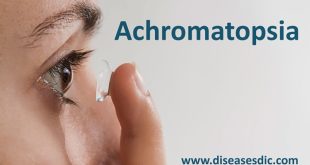
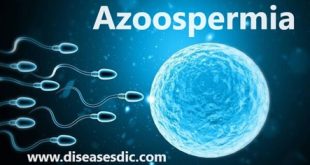
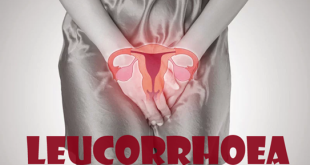
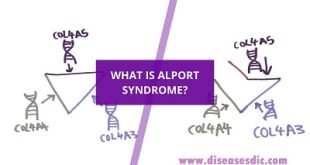
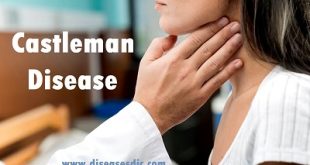
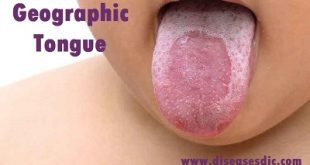
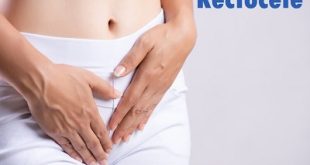

Just got to hear the term ‘Andropouse’ for the first time despite being familiar with all the conditions associated with it.
Very interesting piece of information.
happy to know about all conditions
Ohhhh Shift
I like it all for it is exhaustive in diagonals
I’m having this problems of low thinking and making decisions. I am bordered about my situation. please I really need help in my condition.. treatment and drugs to be taken. tank you.
please consult a doctor as soon as possible.
Please consult a doctor as soon as possible.
thanks
it is a sad situation in men
It is a bad experience in me andropause
please consult a doctor.
Having read through the literature or history, can one purchase any of the testosterone laden medical off the counter? Thanks
Please consult a doctor before purchasing testosterone.
I feel pain inside my bladder,no more good erection I just struggle even after ejaculation the following day is a nightmare I even realised that if I ate chilli foods I get too much pain inside my bladder.pls help.
Please consult a doctor to get treated from this problem.